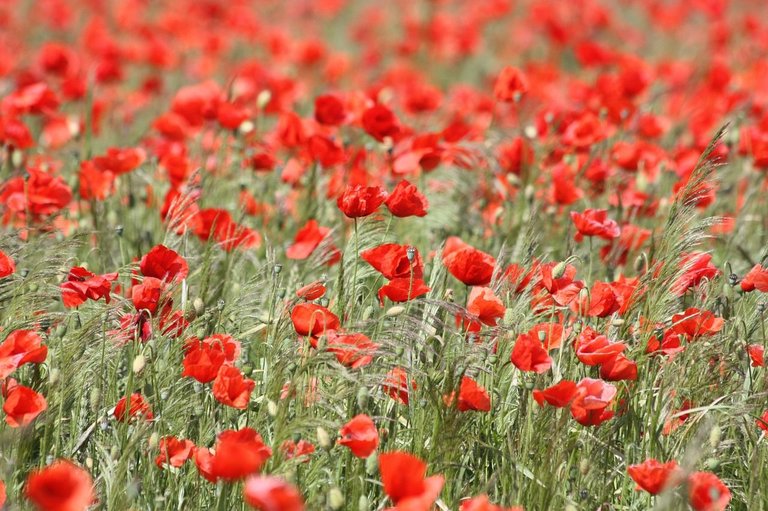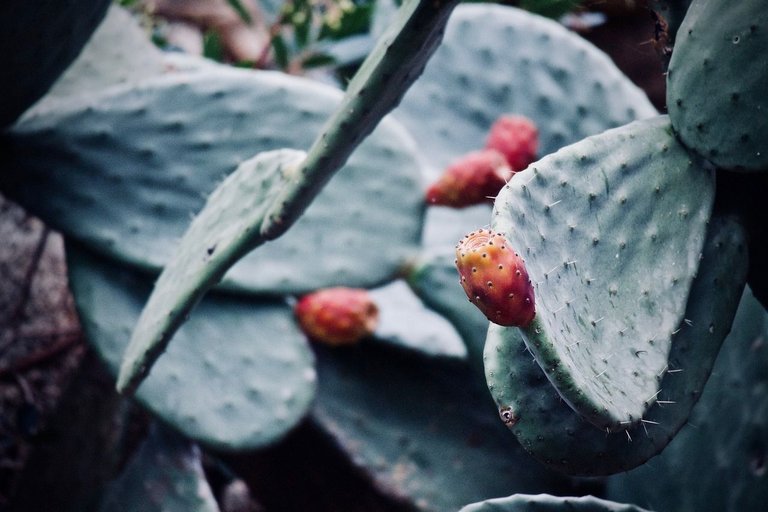Good morning Hivers,
In recent weeks I have begun to study the plants of the Mediterranean scrub as it is a vegetation rich in biodiversity and I want to understand it more closely in order to recognize it.
(I have already written some posts regarding the main adversities that afflict this botanical family, in case you missed them here are the links: I, II, III).
We have seen that in Italy fires in forest areas are very frequent. I therefore wondered what strategies plants adopted to survive after fires. I discovered some interesting things that I want to share with you today in this scientific article.
Buongiorno Hivers,
Nelle scorse settimane ho cominciato a studiare le piante della macchia mediterranea in quanto è una vegetazione ricca di biodiversità e voglio comprenderla più da vicino per poterla riconoscere.
(Ho già scritto alcuni post riguardanti le principali avversità che affliggono questa famiglia botanica, nel caso ve li foste persi ecco i link: I, II, III).
Abbiamo visto che in Italia gli incendi nelle aree boschive sono molto frequenti. Mi sono chiesta, dunque, quali fossero le strategie che le piante hanno adottato per sopravvivere in seguito agli incendi. Ho scoperto alcune cose interessanti che oggi voglio condividere con voi in questo articolo scientifico.

Foto di Katherina Ulrich da Pixabay
In nature there are some plants called pyrophytes, which are able to resist fires or even benefit indirectly from them!
The recovery of Mediterranean vegetation following the passage of fire is fundamentally based on two survival mechanisms:
- The ability of some species to reconstitute the aerial part, also thanks to the reserves remaining in the underground area not damaged by the fire;
- The germination of seeds found in the soil, favored by high temperatures.
Another adaptation that pyrophytic plants have developed over time is the ability to protect themselves from flames, for example through thick bark that protects the trunk and branches, or leathery leaves that burn more slowly.
In natura esistono alcune piante chiamate pirofite, che sono in grado di resistere agli incendi o addirittura beneficiano indirettamente da essi!
La ripresa della vegetazione mediterranea in seguito al passaggio del fuoco si basa fondamentalmente su due meccanismi di sopravvivenza:
- La capacità di alcune specie di ricostituire la parte aerea, anche grazie alle riserve rimaste nella zona sotterranea non danneggiata dall’incendio;
- La germinazione dei semi che si trovano nel terreno, favorita dalle alte temperature.
Un altro adattamento che le piante pirofite hanno sviluppato nel corso del tempo è la capacità di proteggersi dalle fiamme, ad esempio attraverso corteccia spessa che protegge il tronco e i rami, o foglie coriacee che bruciano più lentamente.

Foto di Luisella Planeta LOVE PEACE 💛💙 da Pixabay
Pyrophytic plants have developed adaptations to fire over millions of years of evolution. These adaptations are the result of a close interaction between plants and the fiery environment in which they live.
Over generations, pyrophytic plants that were better adapted to survive and thrive in fiery environments became more successful in reproducing and passing on their hardy genetic traits!
In the next post I will provide you with further details relating to the survival mechanisms of Mediterranean plants in fire. I hope you enjoyed this article!
See you next time,
Delilha
Le piante pirofite hanno sviluppato adattamenti al fuoco nel corso di milioni di anni di evoluzione. Questi adattamenti sono il risultato di una stretta interazione tra le piante e l’ambiente infuocato in cui vivono.
Nel corso delle generazioni, le piante pirofite che erano meglio adattate a sopravvivere e prosperare in ambienti infuocati hanno avuto più successo nella riproduzione e nella trasmissione dei loro tratti genetici resistenti!
Nel prossimo post vi fornirò altri dettagli relativi ai meccanismi di sopravvivenza delle piante mediterranee al fuoco. Spero che vi sia piaciuto questo articolo!
Alla prossima,
Delilha

Sources - Fonti:
https://lunam.it/scienza/piante-pirofite/
https://pubmed.ncbi.nlm.nih.gov/






Paradossalmente ne è pieno il sud lool
!discovery 30
Grazie per il supporto 😊
Thank you for the support <3
fine you're welcome
This post was shared and voted inside the discord by the curators team of discovery-it
Join our Community and follow our Curation Trail
Discovery-it is also a Witness, vote for us here
Delegate to us for passive income. Check our 80% fee-back Program